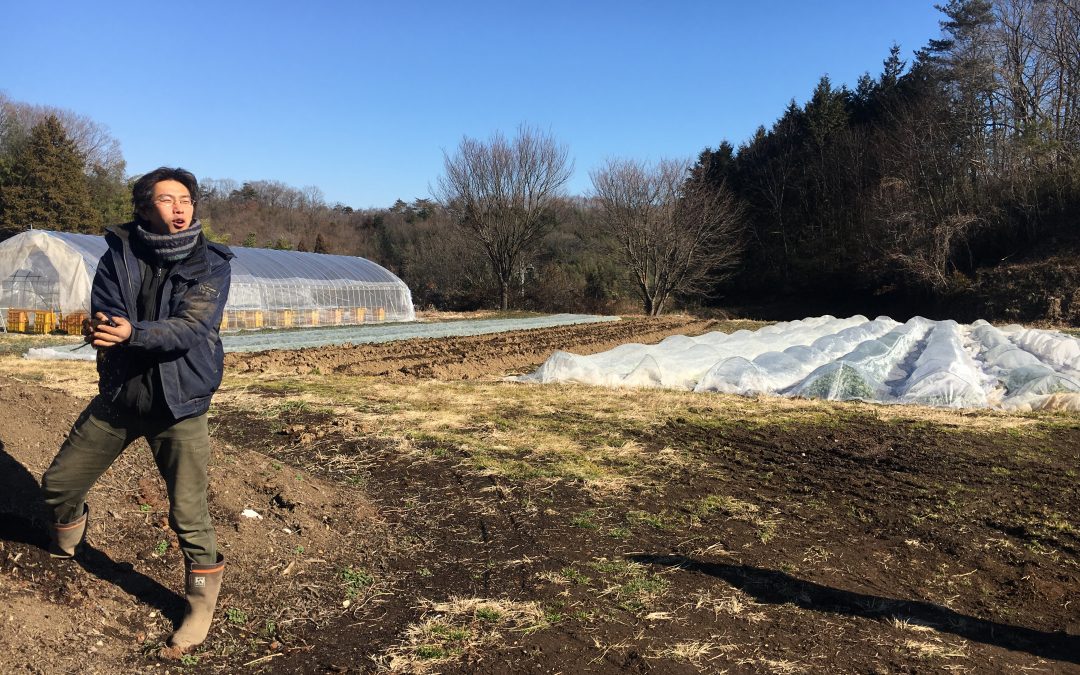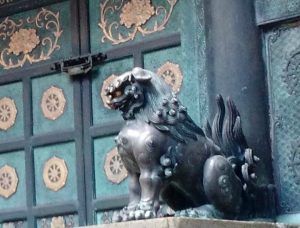Life at ARI is centered around the concept of intentional community. The day moves like a canoe through water; morning stretches, community meals, and a rotation of chores and tasks progress in a controlled yet strong and steady manner. Despite the variety of demands on campus, everyone works in unison. With participants, staff, and volunteers with myriad backgrounds and cultures, how is this possible? The answer is simple — trust.
ARI’s motto, which can be found across campus, reads “that we may live together.” According to ARI’s Yukiko-san, this phrase is intentionally crafted and addresses the immense amount of trust required for humans to overcome their barriers and live together. Environmental health, peace, and justice are the goals of the institute; none of which would be possible without mutual trust. With community members from multiple cultural backgrounds, as well as various interests and relationships in ARI’s program and organic farming, the community has to overcome barriers both large and small. Simply put, with no trust there is no community.
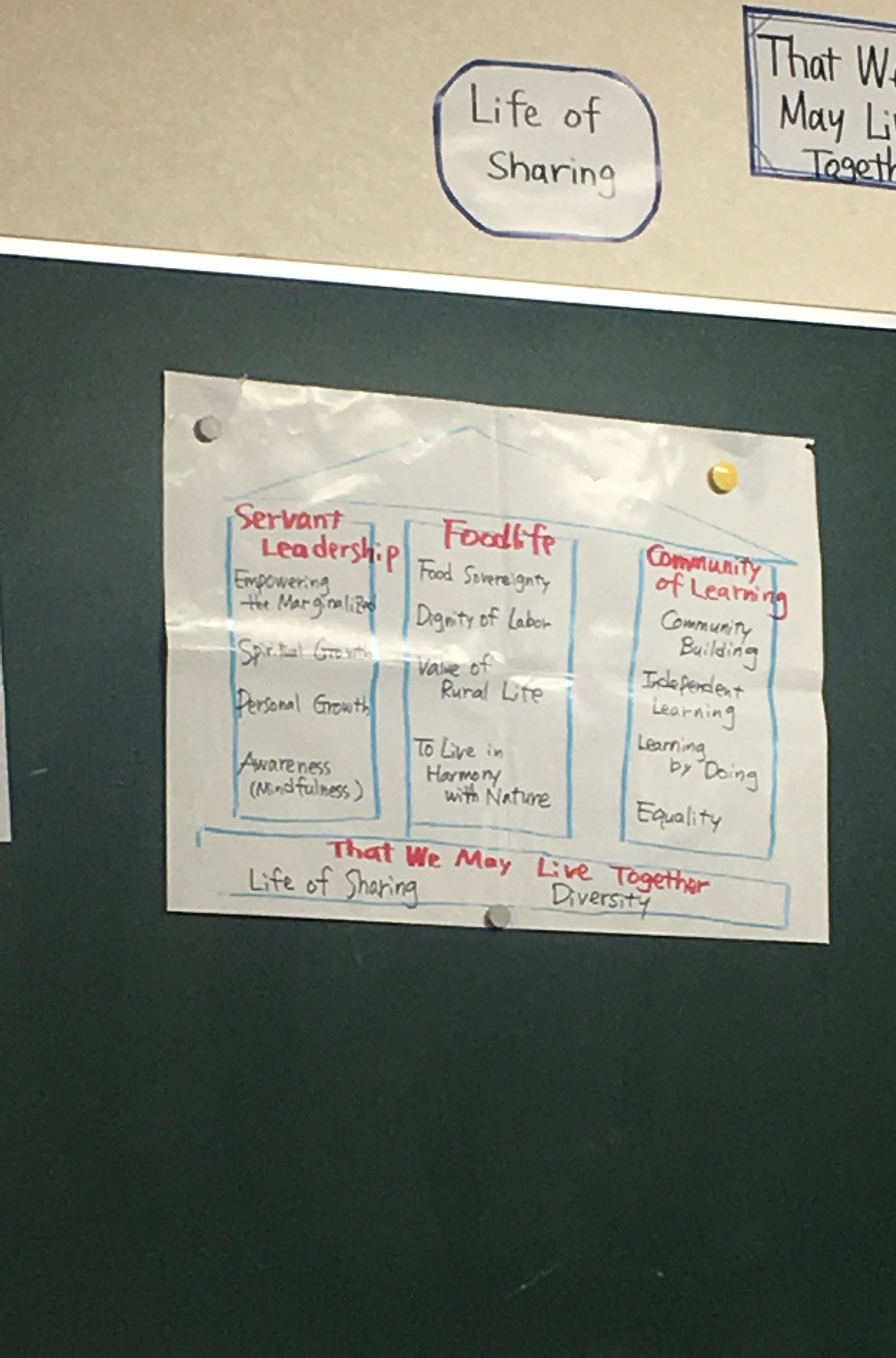
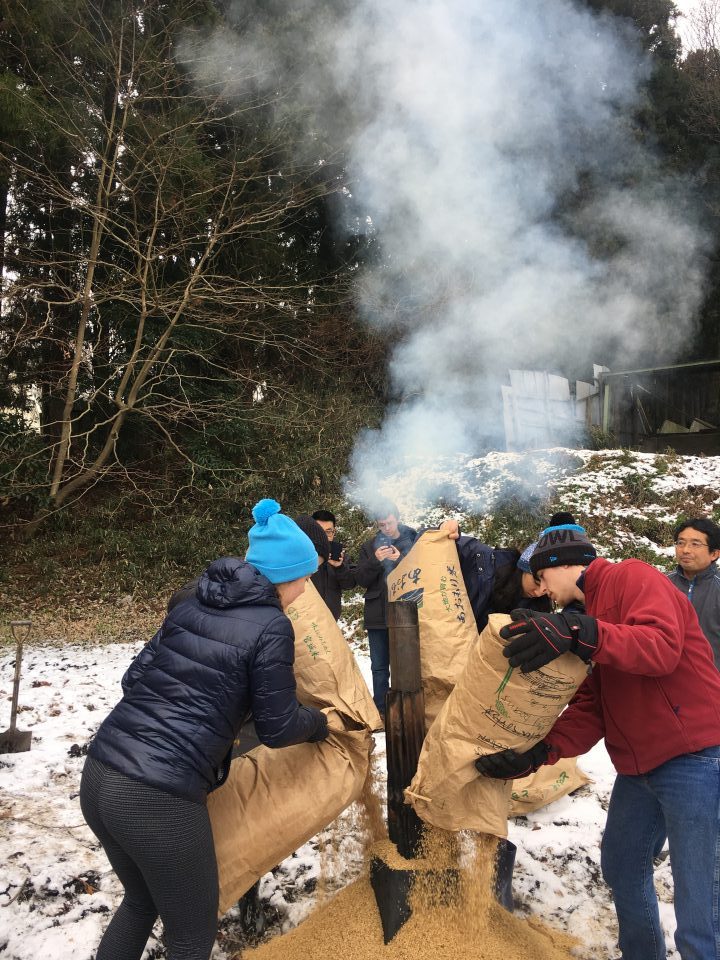
This idea of trust moves beyond ARI’s campus to organic farms around Japan. At Kinoushijuku, another organic farm in the Nasushiobara area, trust entails a very literal execution of “from farm to table.” Trainees — here mostly from Japan’s large cities — work tirelessly with the farm owners to cultivate organic vegetables which are then distributed in a CSA or teikei style. Shareholders can either pick up their food from the farm or have it delivered to their door by the trainees themselves. This trust relationship enables the farm to continue to serve the community through price fluctuations and other potential points of disengagement.
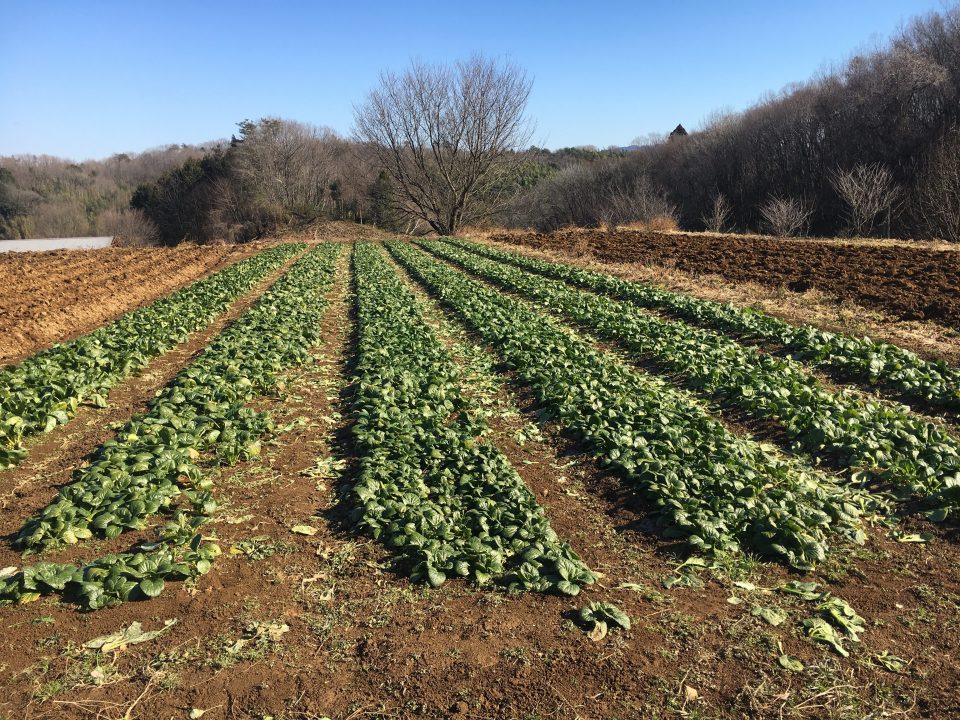
The trust relationship also plays a critical role in aiding farms and communities to endure the greatest of strife. At Shinrinnobokuiyo — a dairy farm that utilizes an environmentally healthy and mutually beneficial relationship between cows and the Japanese forest — the farmers committed to full honesty following the devastation of the March 2011 earthquake and consequent Fukushima nuclear disaster.
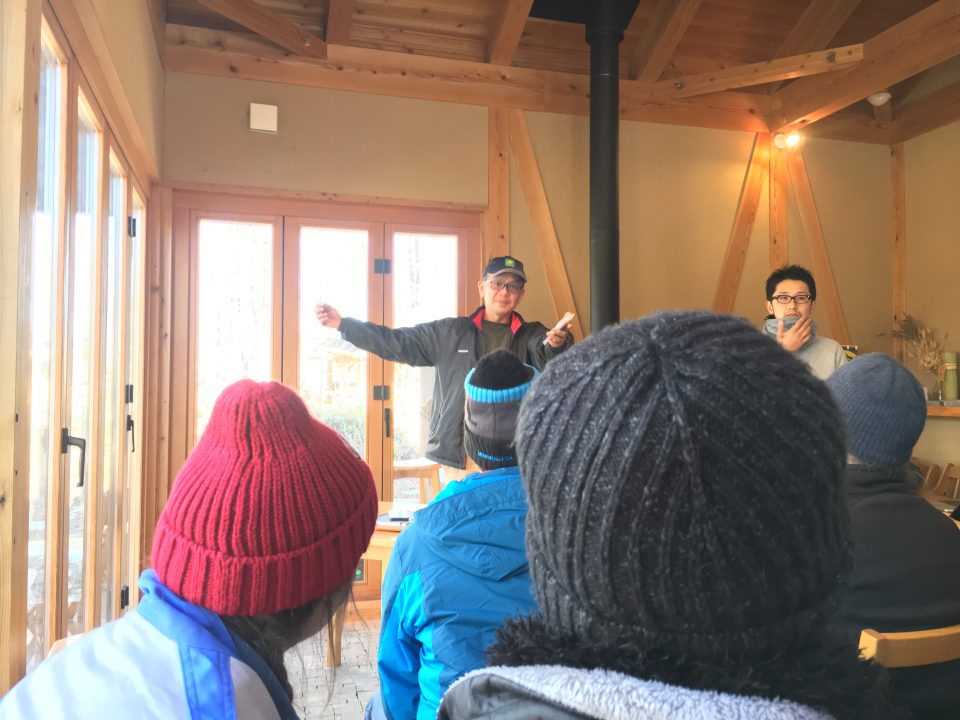
Rather than hiding the impact of the disaster, the farm’s transparency enabled it to maintain strong community and consumer connections that continue today.
As we have discussed ecological footprints with ARI staff, guest speakers, and farmers one thing has rung consistently true — regardless of our energy use, there is only one Earth. In the face of environmental deterioration, we will all face grave consequences. To overcome these consequences, we must cultivate trust. We need trust so that we may live together.
